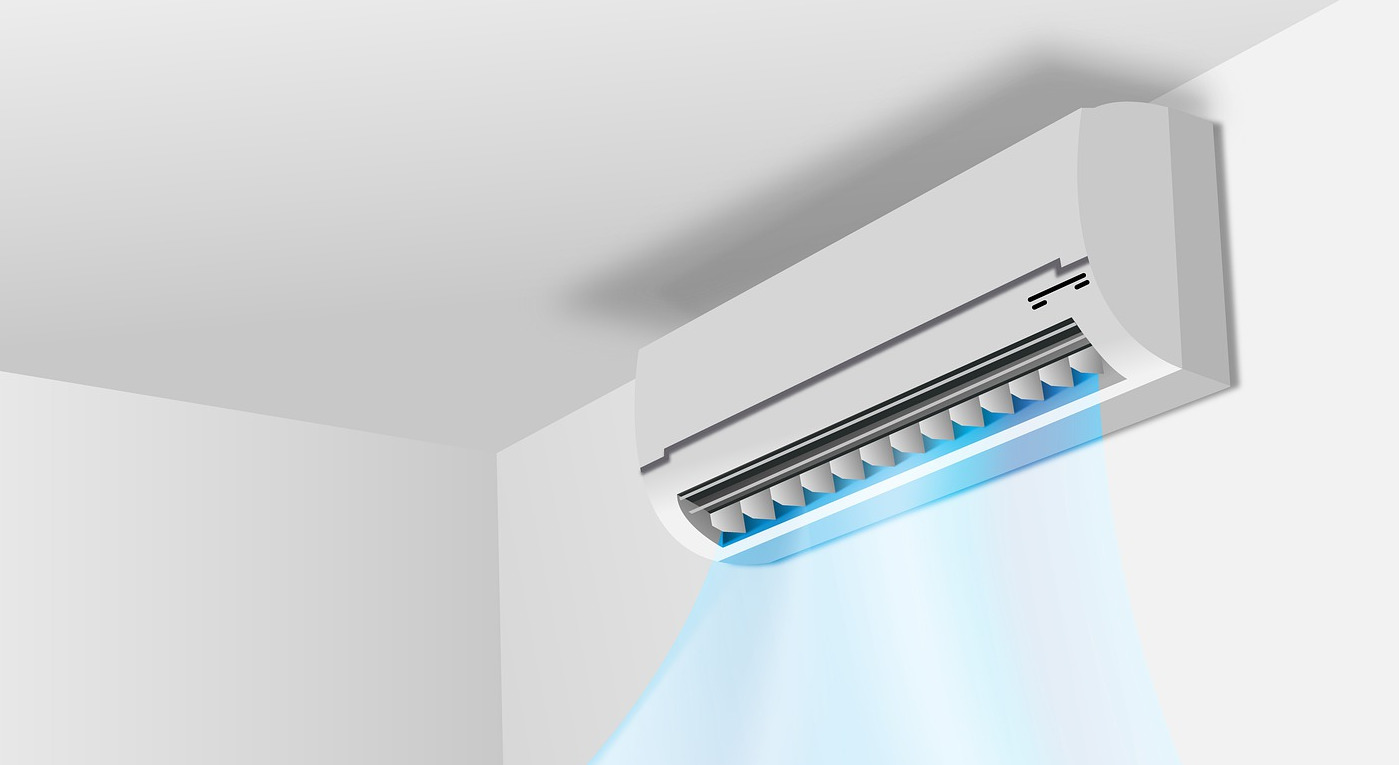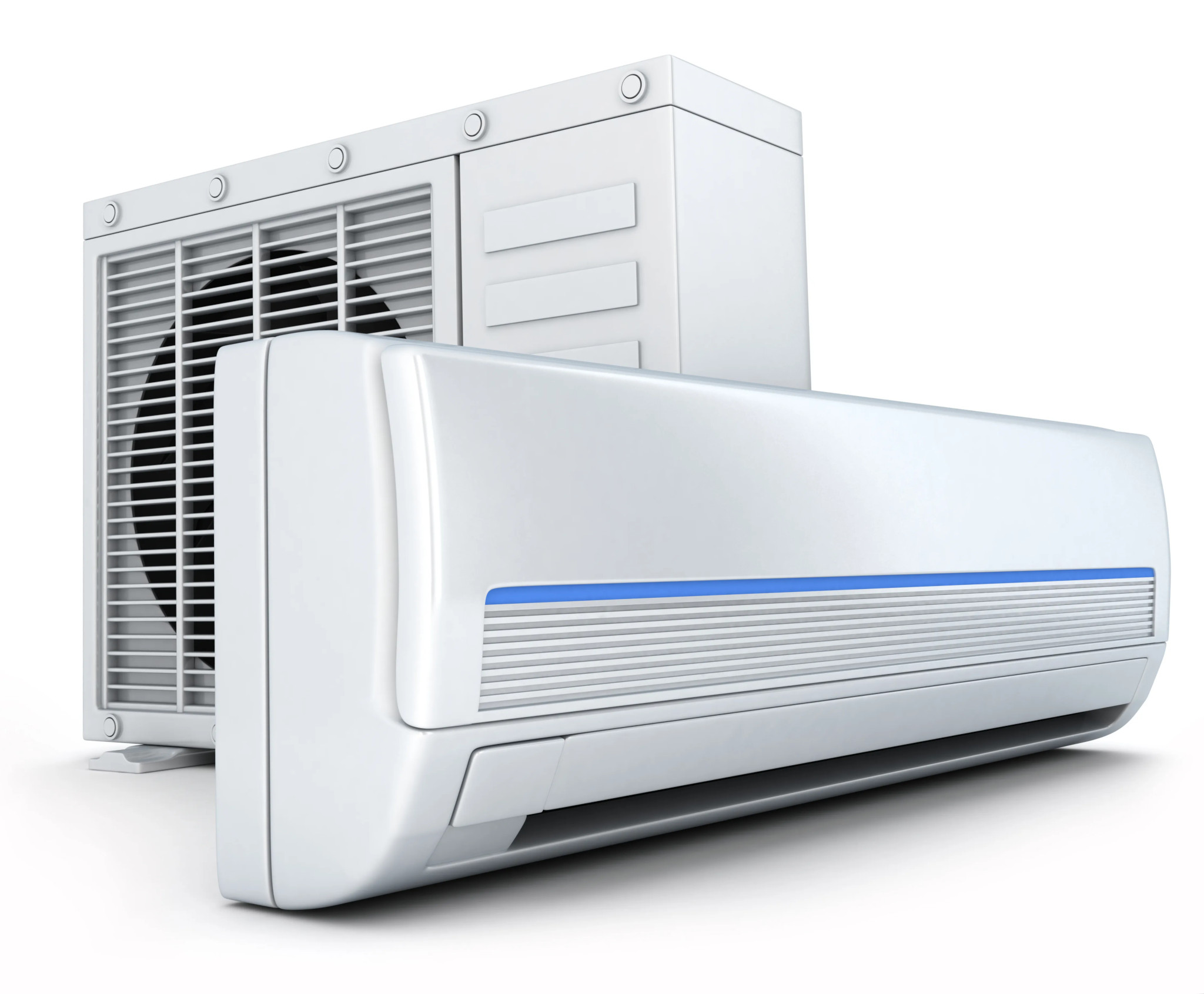Types of Air Conditioners and How to Choose the Correct One
Types of Air Conditioners and How to Choose the Correct One
Summer is here and with it comes the need for air conditioning. With so many different types of air conditioners available today, it can be difficult to know which one to choose. In this article, we will take a look at the different types of air conditioners available today and what you need to consider when choosing the correct one for your needs.
Types of Air Conditioners
There are several types of air conditioners available on the market today, including:
- Window Air Conditioner - A window air conditioner is a single unit that is installed in a window or through a wall. This type of air conditioner is best for smaller spaces or rooms, as it only cools the area it is installed in.
- Split Air Conditioner - A split air conditioner consists of two separate units, one indoor and one outdoor. The indoor unit cools the room, while the outdoor unit removes the hot air. This type of air conditioner is best for larger spaces, as it can cool multiple rooms with one outdoor unit.
- Central Air Conditioner - A central air conditioner is a complete cooling system that is installed in a home or building. This type of air conditioner cools the entire building through a system of ducts and vents. Central air conditioners are best for large homes or buildings, as they provide a consistent level of cooling throughout the entire space.
- Portable Air Conditioner - A portable air conditioner is a standalone unit that can be moved from room to room. This type of air conditioner is best for small spaces or for those who need temporary cooling solutions.
Factors to Consider When Choosing an Air Conditioner
When choosing an air conditioner, there are several factors you need to consider, including:
- Size of the Space - The size of the space you want to cool is a crucial factor in determining which type of air conditioner you should choose. Larger spaces will require more powerful air conditioners, while smaller spaces can be cooled with smaller, less powerful units.
- Energy Efficiency - Energy efficiency is important when choosing an air conditioner, as it can greatly impact your monthly energy bills. Look for air conditioners with high Seasonal Energy Efficiency Ratings (SEER) and Energy Star certifications to ensure that you are getting a highly energy efficient unit.
- Noise Level - Noise level is also an important factor to consider when choosing an air conditioner. Some air conditioners can be very noisy, so if you are sensitive to noise, look for air conditioners with low decibel ratings or that are specifically marketed as quiet units.
- Cost - Cost is a major factor when choosing an air conditioner. While it is important to consider the upfront cost of the unit, it is also important to consider the long-term costs associated with energy efficiency and maintenance.
- Location of the Unit - The location of the unit is also important, as it can impact the efficiency and performance of the air conditioner. If you are installing a window air conditioner, make sure that it is placed in a location where it is not blocked by furniture or other objects. If you are installing a split air conditioner, make sure that the outdoor unit is placed in a location that is easily accessible for maintenance and that is not obstructed by trees or other objects.
Choosing the Right Size Air Conditioner
Choosing the right size air conditioner is crucial for maximum efficiency and performance. An air conditioner that is too small for the space will struggle to cool the area and will need to work harder to maintain the desired temperature, which will increase energy usage and decrease the lifespan of the unit. On the other hand, an air conditioner that is too large for the space will cycle on and off too frequently, which will also increase energy usage and decrease the lifespan of the unit.
To determine the correct size air conditioner for your space, consider the following:
- The square footage of the space
- The number of windows and doors in the space
- The amount of direct sunlight the space receives
- The number of people that occupy the space
- The location and orientation of the space (e.g. north-facing rooms will require more cooling power than south-facing rooms)
You can use online tools or consult with a professional to determine the correct size air conditioner for your space.
Fixed Speed vs Inverter Air Conditioners
Lastly, when it comes to final buying decision, another daunting decision we have to take is to chose between fixed speed air conditioners and inverter air conditioners. Both have their advantages and disadvantages, and the right choice depends on your specific needs and requirements.
Fixed Speed Air Conditioners
Fixed speed air conditioners, also known as traditional air conditioners, work by switching on and off to regulate temperature. When the temperature in the room reaches the desired level, the air conditioner switches off. When the temperature starts to rise again, the air conditioner switches on.
While fixed speed air conditioners are simple and straightforward, they are not as efficient as inverter air conditioners. They use more energy to cool the space, which can result in higher energy bills. In addition, fixed speed air conditioners are often less reliable and have a shorter lifespan than inverter air conditioners.
Inverter Air Conditioners
Inverter air conditioners, on the other hand, use a variable speed compressor that adjusts the cooling power to match the desired temperature. This means that inverter air conditioners use less energy to cool the space, which can result in significant savings on your energy bills.
In addition, inverter air conditioners are often more reliable and have a longer lifespan than fixed speed air conditioners. They are also often quieter and more stable in their operation, making them a good choice for bedrooms and other quiet spaces.
Choosing the Right Air Conditioner
When choosing between a fixed speed air conditioner and an inverter air conditioner, consider the following factors:
- Energy Efficiency: If you are looking to save money on your energy bills, an inverter air conditioner may be the better choice as it uses less energy to cool the space.
- Reliability: If you are looking for a reliable air conditioner that will last for many years, an inverter air conditioner may be the better choice as it is often more reliable and has a longer lifespan.
- Quiet Operation: If you are looking for a quiet air conditioner, an inverter air conditioner may be the better choice as it is often quieter and more stable in its operation.
- Budget: Inverter air conditioners are often more expensive than fixed speed air conditioners, so consider your budget when making your decision.
In conclusion, both fixed speed air conditioners and inverter air conditioners have their advantages and disadvantages, and the right choice depends on your specific needs and requirements. Consider the factors outlined in this article to make an informed decision that will provide you with efficient, effective cooling for many years to come.
Final Thoughts
Choosing the right air conditioner for your needs can be a daunting task, but by considering the factors outlined in this article, you can make an informed decision that will provide you with efficient, effective cooling for many years to come.
When in doubt, consult with a professional who can help you determine the best air conditioner for your specific needs and requirements.


